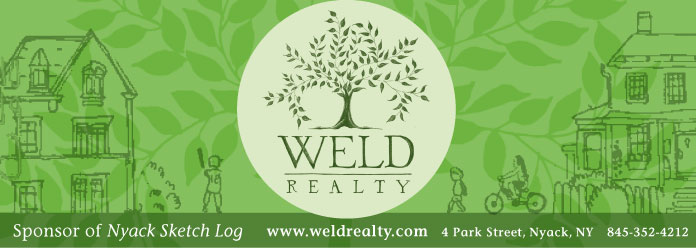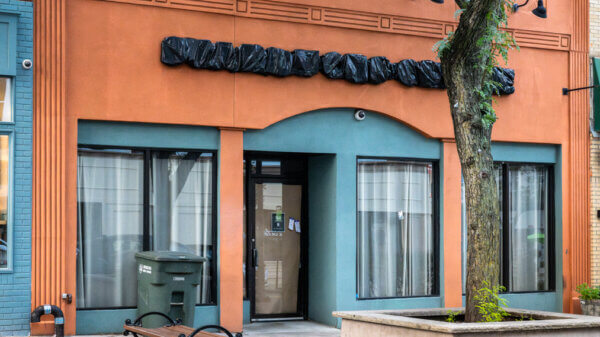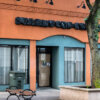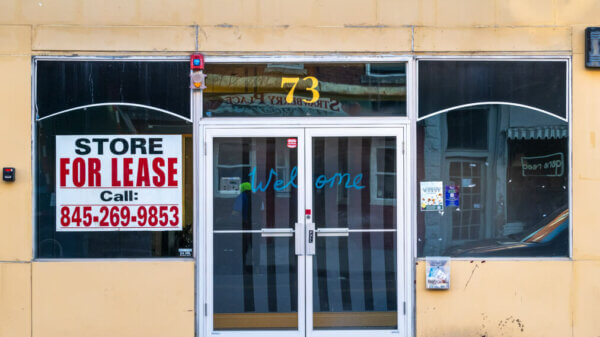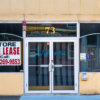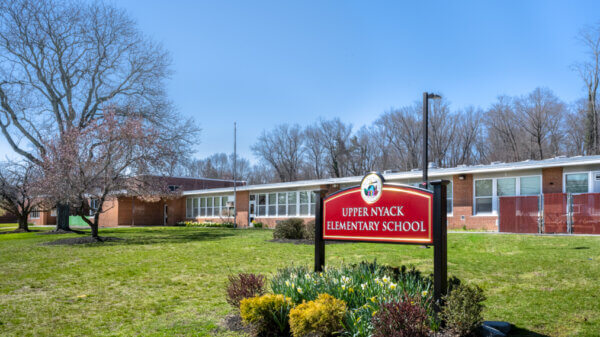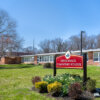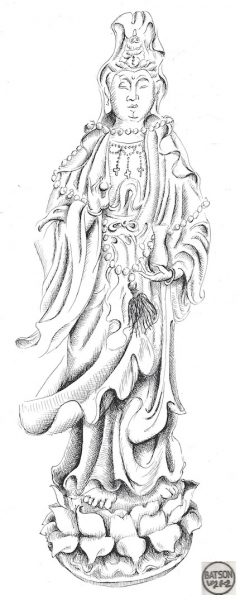 by Bill Batson
by Bill Batson
The metrics of Chinese medicine can be measured in the thousands: the number of specific meridians in the body is over 2,000 and the number of years Chinese medicine has been practiced is over 5,000.
But the number “one” matters most to Dr. Lauren Dulberg of Two Rivers Acupuncture and Wellness. “Many patients do not find out about Chinese medicine until after they have exhausted other options. We tend to go for treatment after things have reached a chronic state. If I could get one message across, it would be, ‘don’t wait.’ Start acupuncture as your first resort,” says Dr. Dulberg.
 When did you become a Doctor of Chinese Medicine?
When did you become a Doctor of Chinese Medicine?
I finished my Master of Oriental Medicine (MSTOM) at the Pacific College of Oriental Medicine in San Diego, after 6 years of study in 2012. In California, a MSTOM is required to practice, which is great since everyone has to receive in-depth training in Chinese medicine and herbal medicine, instead of the minimal licensing requirements in New York State. I started practicing soon after in Argentina in early 2012 and then finished my Doctorate of Acupuncture and Chinese medicine in 2016. I also have a Bachelors of Art from University of Arizona in Anthropology / Medical Anthropology.
How does your practice differ from other traditions?
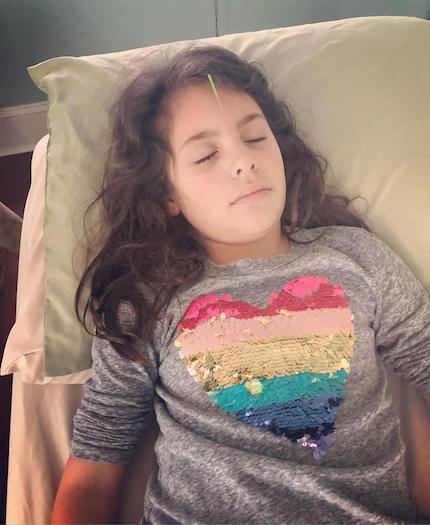
Western medicine mostly treats the symptom at hand and separates all aspects of the body into categories and completely separate parts. Often, western pharmaceuticals act more like a band aid that may create other side effects and issues in the body. Of course, we are incredibly lucky to have things like surgery and antibiotics, but many patients who come through my door feel failed by the western medical system or not listened to, especially when they may present with a complex array of symptoms that may appear “unrelated”.
Chinese medicine is a true form of holistic medicine since it treats the whole body from root to branch. We diagnose via an array of questioning which can sometimes take up to an hour, as well as through observing the tongue and measuring to the pulse.
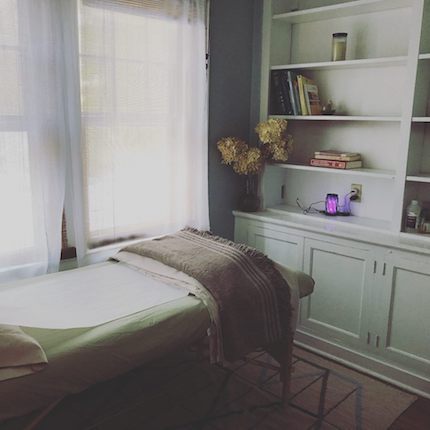
Chinese medicine is ultimately a preventative medicine that can prevent a sequence of issues before they even begin. The moment a person may feel a twinge of back pain or a woman decides that she may want to have a baby in the near future, or just starts presenting with any symptoms that may be something out of balance emotionally or physically, is always the best time to start.
What led you to practice Chinese Medicine? I understand that your journey to motherhood played a central role.
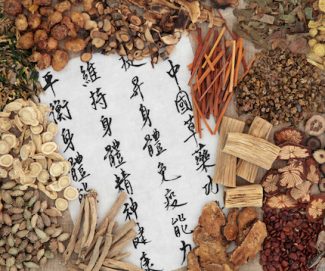
I started my journey with Chinese medicine in college. I went to The University of Arizona and did my BA in Cultural and Medical Anthropology. I focused mostly in Ethnobotony and medical practices in traditional and tribal cultures.
The idea of ancient plant medicines fascinated me. Like Chinese medicine, it has been around for thousands of years and integrated into cultural and religious traditions. I felt a strong connection with this wisdom at a very young age. It wasn’t until many years later after studying yoga and energy work in India and Thailand, that I decided to take the plunge into my MSTOM program and become an acupuncturist and Chinese herbalist.
It was actually the study of herbs and anthropology that really led me into studying Chinese medicine. The idea that I could focus on one culture’s incredible tradition of Materia Medica, as well as the system of acupuncture which has been around for 5,000 years. Not only could I get a Masters and Doctorate, but it was based on detailed studies recorded in books spanning thousands of years of trial and error. And even more compelling to me was the fact that this medicine was still not only alive, but had not yet been integrated into places like Sloan Kettering and the National Institutes of Health.
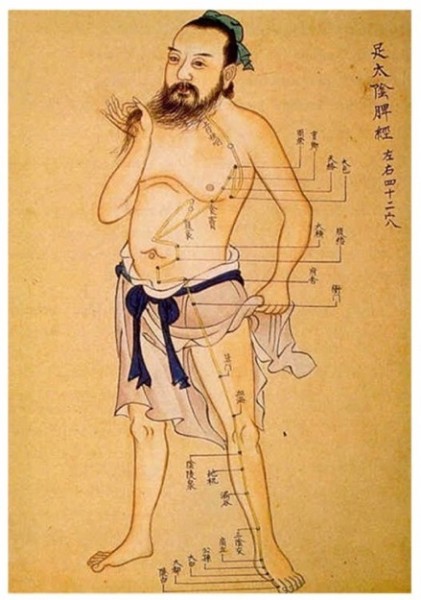
Personally, while in Chinese medicine school, I confronted my own medical issues surrounding infertility. I was diagnosed with Polycystic ovary syndrome (PCOS). Luckily, I had an amazing support network of mentors and Chinese medicine doctors who specialized in fertility. I committed myself to a year of acupuncture and Chinese herbal formulas to balance out my hormones. I made dietary changes. Within six months my PCOS symptoms were cured, hormones were balanced and, six months later, I was pregnant with my older son Noah.
Because of my own miracle story and profound experience with this medicine, I have dedicated much of my practice to treating fertility, women’s health issues and complex internal medicine cases. I never allow patients to believe the permanent story of a bad bill of health that they may have been sold by their doctors.
My well-known Manhattan based Endocrinologist told me ” You will never have kids and if you get pregnant, you will only have miscarriages and In Vitro Fertilization (IVF) probably won’t even work.” Well, she was 100% dead wrong. I didn’t listen to that story. I chose a different path. Now, I have two beautiful healthy boys and had them naturally through the power of Chinese medicine and making myself healthy!
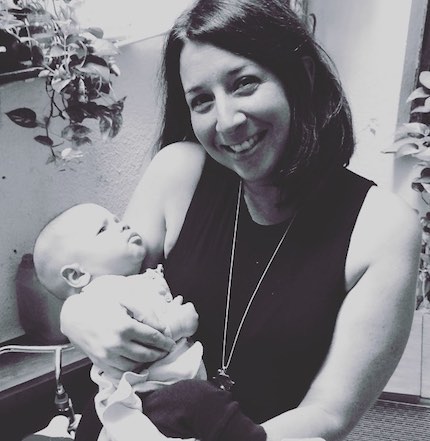
What are some of the biggest misconceptions about Chinese medicine?
That acupuncture hurts.
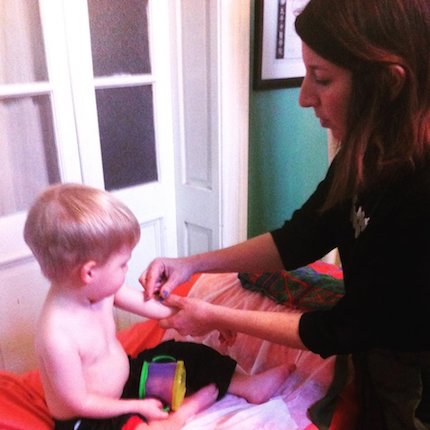
The needles do not hurt. I have done acupuncture on sleeping babies who have not awakened! There is a video on my Two Rivers Acupuncture page to prove it. I actually posted it there because most people are so nervous about the needles.
That it only works if you believe in it.
If the placebo effect was 100% valid, then how do babies get remarkably better through acupuncture? And then there are all those patients I have had who didn’t believe in it and got better.
That it’s some hippie stuff.
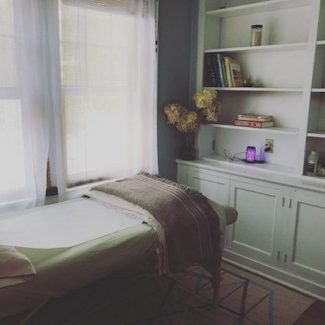 Go to China and find me a hippie and then we can talk.
Go to China and find me a hippie and then we can talk.
“I thought you had to be Asian to practice it.”
Nothing like some good old fashioned stereotyping
I’ll feel better in one or two sessions
That is how we have been taught to think: take a pill to cover and veil a problem. To truly treat most things so they go away for good, it takes 8-12 sessions and sometimes more. Treating my PCOS took one year.
Could you describe your needles? What are they made of, how do they work?
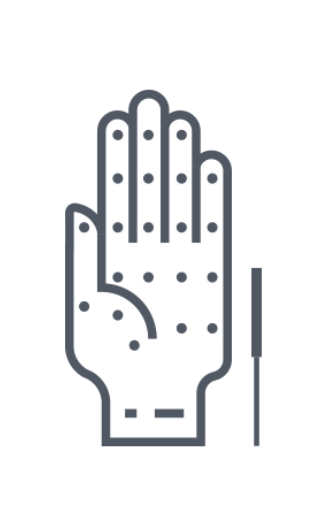 They are as thin as a hair and made out of the highest quality stainless steel. They are single use, so that means they get thrown away immediately after their one time being used and are contained in sterile single-use container packages.
They are as thin as a hair and made out of the highest quality stainless steel. They are single use, so that means they get thrown away immediately after their one time being used and are contained in sterile single-use container packages.
Each needle is placed into a specific point. There are over 2000 points on the body, which are on meridians and activate an action for a specific symptoms. There is usually a formula of points used. Certain points couple together to create a reaction, but might be on completely different areas of the body.
The acupuncture needle acts as an antennae-like conduit and stimulates your body’s Qi or energy field, which then activates the needles. It takes 28 minutes for the Qi to circulate around the body from one organ channel or meridian to the next (there are 12).
Acupuncture can re-wire the brain which leaves lasting effects on the peripheral and central nervous system and changes how the brain responds to pain and even anxiety, depression and stress. It creates microcirculation in the body, regenerates the body’s cells, and does everything from increasing your immune system cells to fighting against cancer cells and activating beta and theta waves, which put your body into a deepened state of relaxation.
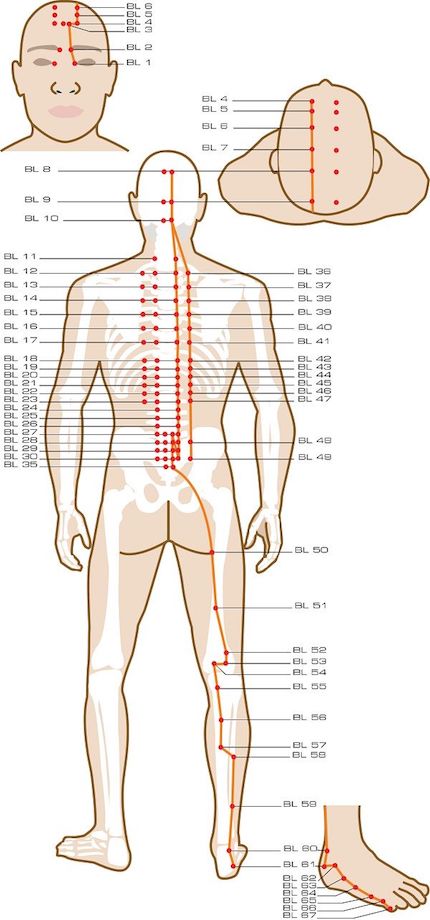
What would you like the public to know about your practice?
I would love the public to know that Chinese medicine and acupuncture should be a first resort, instead of a last resort.
My practice is unique to Rockland since I am a Board Certified Herbalist and the first Doctor of Chinese medicine in Rockland, so I focus a lot on Internal Medicine. My expertise and specialties are the following :
- All things relating to Women’s Health – (from period imbalances to fertility to prenatal care to menopause),
- Emotional Health,
- Pediatrics and
- Complex Internal Medicine Cases.
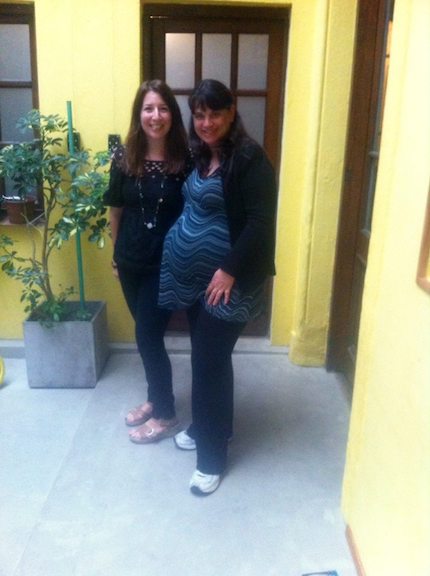 My mission is to support my community through this medicine and be here as a source for wellness and utmost health. I have a deep passion for what I do and fully support my patients through their health and healing journeys.
My mission is to support my community through this medicine and be here as a source for wellness and utmost health. I have a deep passion for what I do and fully support my patients through their health and healing journeys.
What we may be missing in Western medicine, I believe, is to be truly heard and listened to. Patients in general feel that with their Western doctors, they are not getting treatment geared towards the goal of health, but instead toward masking the symptom, which then leads to more issues down the road.
I think most of us are very used to the idea of not really healing a disease or imbalance that may contribute to negative effects on our health and instead just living with something and hoping to manage it. In my practice, I see that what may be understood as something that is a permanent issue can become cured and healed. This is something I hope to change through practicing this medicine, that the story a patient may believe or have been told to believe is actually something that is possible to change.
My hope is over time, with the incredible amount of research that has been done lately, Chinese medicine will become more and more normalized and maybe even become a standard of care, and prescribed by doctors here in Rockland. My dream is that we can create true integrative medicine relationships that serve the patient and their health to the fullest. In my practice, patients are listened to, heard and cared for, which is something many feel is unique to their health and wellness experience.
You have a statue of Quan Yin in your office. Could you tell us more about the patron saint of Chinese medicine?
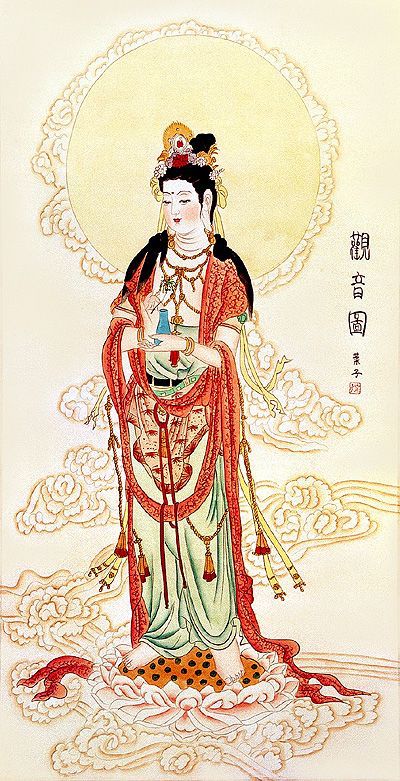
I bought Quan Yin at Liberty Crafts in Nyack about 18 years ago. He/ She has traveled with me all over the country and the world and has stood watching over my patients in Buenos Aires and now here in Nyack.
I started studying the I CHING about 20 or so years ago. The I CHING comes from Taoism and the Ba Gua. Taoism is the foundation of Chinese medicine, since it is understood that all things are within a state of yin or yang, yin within yang or yang within yin. Everything in nature is trying to find it’s way back to the ultimate harmony and balance of the yin/yang.
We are all a reflection of nature and the subtle nuances and imbalances of nature. Just as water finds it way around the rocks in a stream, we too can find this balance within our bodies. Chinese medicine is all about supplementing what may be deficient, nourishing these substances of yin, yang, Qi and blood.
Sometimes, there is excess, so we must transform and harmonize. Sometimes, these substances are stuck like the water trying to get around the rocks, so we must move these substances so disease does not occur. Quan Yin encompasses all of this.
Since Quan Yin represents the true state of balance of the Yin and the Yang, he/she is both male and female. Quan Yin is a gender fluid bodhisattva. I always had a connection with Quan Yin and it’s an interesting thought to think about the journey she has been on with me and all the places I have lived, from Nyack to Arizona to San Francisco to Brooklyn to San Diego to Buenos Aires and now completing the full circle where it all began. You’ll meet a statue of Quan Yin when you enter my waiting room.
There are some incredible geometric artworks in your office, who is the artist and what part do they play in your practice?
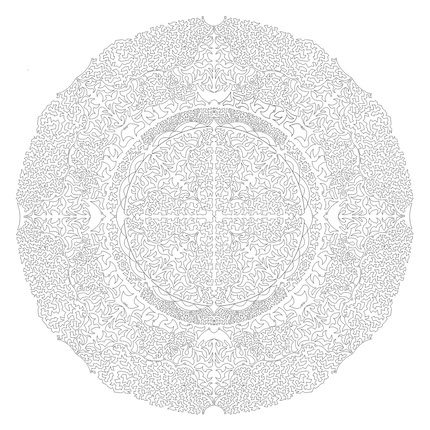
The art in my office is by my husband Marcelo Sturgeon. He is a visionary artist who creates all of his images through the healing work and visions he has been involved in for the past 20 years. He is a traditional tobaquero and curandero from Argentina, which is like a shaman. In South America, shamans instead use the term curandero (one who cures).
He comes from the tradition of Amazonian traditional medicine and all of his work is based off of his medicinal healing. Each piece is actually a vision and many of them are medicine songs and patterns. You can check out his work at marcelosturgeon.com
What did I miss?
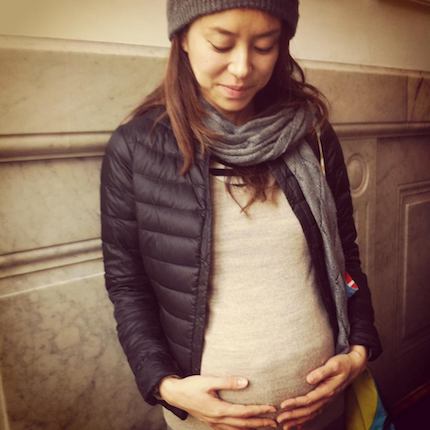
When I started practicing I lived in Buenos Aires, I was the only real acupuncturist and Chinese medicine doctor in the city and maybe the country since there are no schools for Chinese medicine in Latin America. Most doctors who practice it there take a short 50 hour course.
This led me to having a big practice that was mostly expats from all over the world and then 30-40% Argentine. I worked hand-in-hand with local doctors and midwives and was able to create a very special practice there.
It was definitely challenging since there was no importation in Argentina while I lived there and I had to bring in my needles and herbs in my suitcases which was not always an easy feat. I also had to learn how to speak Spanish quickly since the word caught on about my practice and I had many patients who did not speak English.
We were based there for about 4 years before coming back to the United States. I was hired on at the esteemed Yin Ova center in NYC by Dr. Jill Blakeway, which is one of the largest Chinese medicine centers in the country and specifically focused around Women’s health and Internal medicine.
After a year or so, I decided to leave the Yin Ova center and focus on my practice in Nyack to put my heart and soul towards my dream of becoming the “village doctor.” This community has been nothing but a blessing and I feel honored to have my practice based in Nyack and to serve such an incredible community!
Two Rivers Acupuncture and Wellness takes most out of network insurance plans and offers packages to try and make treatment more accessible. Visit them on line at tworiversacupuncture.com. They are located at 310 N. Broadway, Nyack, NY 10960 (845) 418-0809 info@tworiversacupuncture.com
Bill Batson is an activist, artist and writer who lives and sketch logs in Nyack, NY. Nyack Sketch Log: ” Dr. Lauren Dulberg of Two Rivers Acupuncture & Wellness” © 2019 Bill Batson. To see more, visit billbatsonarts.com

